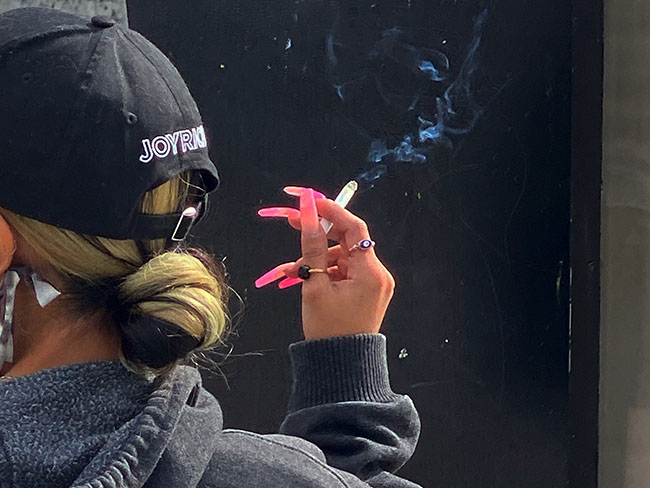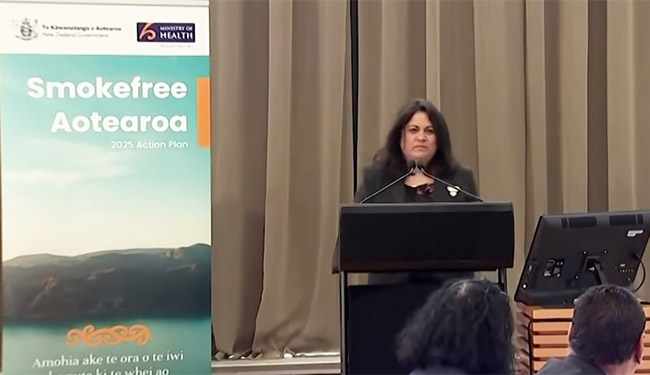
New York Times reporting by Natasha Frost
New Zealand unveiled a plan Thursday to eventually ban all sales of cigarettes in the country, a decades-long effort unique in the world to prevent young people from taking up smoking.
The proposed legislation, which is expected to become law next year, would leave current smokers free to continue buying cigarettes. But it would gradually raise the smoking age, year by year, until it covers the entire population.
Starting in 2023, anyone under age 15 would be barred for life from buying cigarettes. So, for instance, in 2050 people 42 and older would still be able to buy tobacco products — but anyone younger would not.

“We want to make sure young people never start smoking, so we will make it an offense to sell or supply smoked tobacco products to new cohorts of youth,” Dr. Ayesha Verrall, the country’s associate health minister, said in Parliament on Thursday, December 9. “People aged 14 when the law comes into effect will never be able to legally purchase tobacco.”
The legislation was among several proposals announced on Thursday that aim to reduce smoking levels in New Zealand across all ethnic groups, including its poorer Indigenous Maori and Pacific Island citizens, below 5% by 2025. Currently the rate is just under 10%.
New Zealand first announced this target in 2011. Since then, it has steadily raised the price of cigarettes to among the highest in the world. A pack in New Zealand costs about 30 New Zealand dollars, or a little over $20, second only to neighboring Australia, where wages are considerably higher. Verrall said the government was not considering raising prices beyond that point.
Banning tobacco sales, despite the clear benefits to public health, has been a virtual nonstarter around the world, with arguments often centering on civil liberties and fears of increased smuggling. In 2010, the Himalayan nation of Bhutan prohibited the sale of tobacco products, only to suspend the restrictions last year amid worries that cigarette traffickers would bring in the coronavirus.
As New Zealand unveiled its proposal, the government acknowledged the possible effects on the black market, which currently makes up at least 10% of tobacco sales in the country.
This article originally appeared in The New York Times.
c.2021 The New York Times Company



